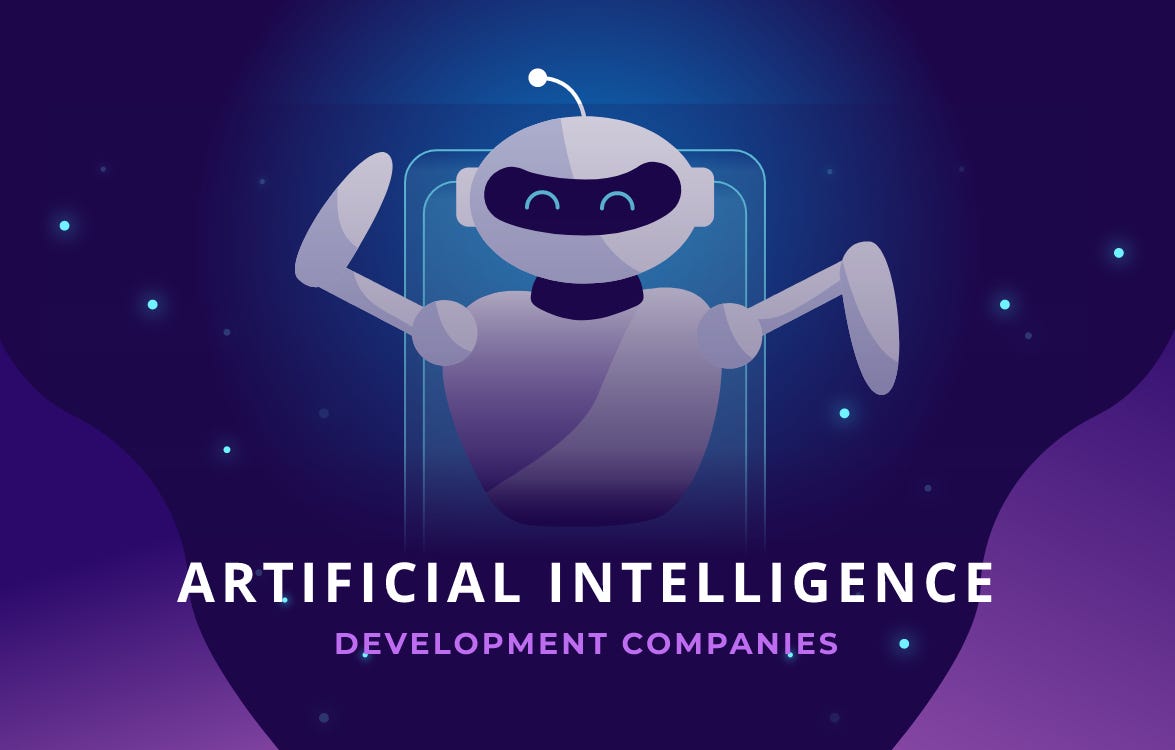India's tech scene is experiencing a surge in artificial intelligence (AI) development. From established IT giants to nimble startups, a diverse range of companies are pushing the boundaries of what AI can achieve. This article explores the unique strengths of both established players and startups in the Indian AI landscape, highlighting the exciting contributions of artificial intelligence development companies in India.
Established Players: Leverage Experience and Resources
Large, established IT companies in India bring a wealth of experience and resources to the AI development table. These companies have robust infrastructure, vast pools of data, and a global reach that allows them to tackle large-scale AI projects. They often focus on developing enterprise-grade AI solutions that can be seamlessly integrated into existing business processes. For instance, Wipro, a leading IT services company, offers AI-powered solutions for predictive maintenance, fraud detection, and customer service automation.
Startups: Agility and Innovation at the Forefront
On the other hand, AI startups in India are known for their agility and innovative spirit. Unburdened by legacy systems, they can quickly adapt to new technologies and trends. This allows them to explore niche applications of AI and develop disruptive solutions that target specific market needs. For example, a startup like Innodata Labs is using AI to analyze satellite imagery for agricultural purposes, helping farmers optimize crop yields and manage resources effectively.
Collaboration is Key: Merging Strengths for Success
While established players and startups may seem like competitors, there's a growing trend of collaboration in the Indian AI landscape. Large companies are recognizing the value of partnering with nimble startups to access cutting-edge technologies and fresh perspectives. Startups, in turn, benefit from the established players' experience, resources, and market reach. This collaborative approach is fostering a dynamic ecosystem that is accelerating AI innovation in India.
Focus Areas: Shaping the Future with AI
Artificial intelligence development companies in India are making significant contributions across various sectors. Here are some key areas where AI is transforming the Indian landscape:
- Healthcare: AI is being used to analyze medical images for early disease detection, develop personalized treatment plans, and even assist surgeons in complex procedures. Companies like Forus Health are developing AI-powered tools for cancer diagnosis and risk prediction.
- Finance: AI is streamlining the loan application process, preventing fraudulent transactions, and personalizing financial products for customers. For instance, startups like Indifi are leveraging AI to assess creditworthiness and offer faster loan approvals.
- Agriculture: AI is helping farmers with precision agriculture techniques, optimizing irrigation, and predicting crop yields. Companies like WayCool are using AI-powered platforms to connect farmers directly to consumers, reducing post-harvest losses.
- Retail: AI is personalizing customer experiences, optimizing product recommendations, and automating stock management in retail stores. Companies like Myntra are using AI-powered chatbots to provide personalized recommendations and enhance customer service.
The Road Ahead: Challenges and Opportunities
Despite the exciting progress, challenges remain. Ethical considerations around data privacy and potential job displacement due to automation need careful consideration. Additionally, access to skilled AI professionals and robust computing infrastructure are crucial for sustained growth. However, with continued government support, a growing pool of talent, and a thriving entrepreneurial ecosystem, artificial intelligence development companies in India are well-positioned to address these challenges and solidify India's position as a global leader in AI.
In conclusion, the Indian AI landscape is a vibrant tapestry woven by the strengths of established players and the innovation of startups. As these two forces continue to collaborate and push the boundaries of AI, we can expect even more transformative solutions to emerge, shaping a better future for India and the world.





Comments